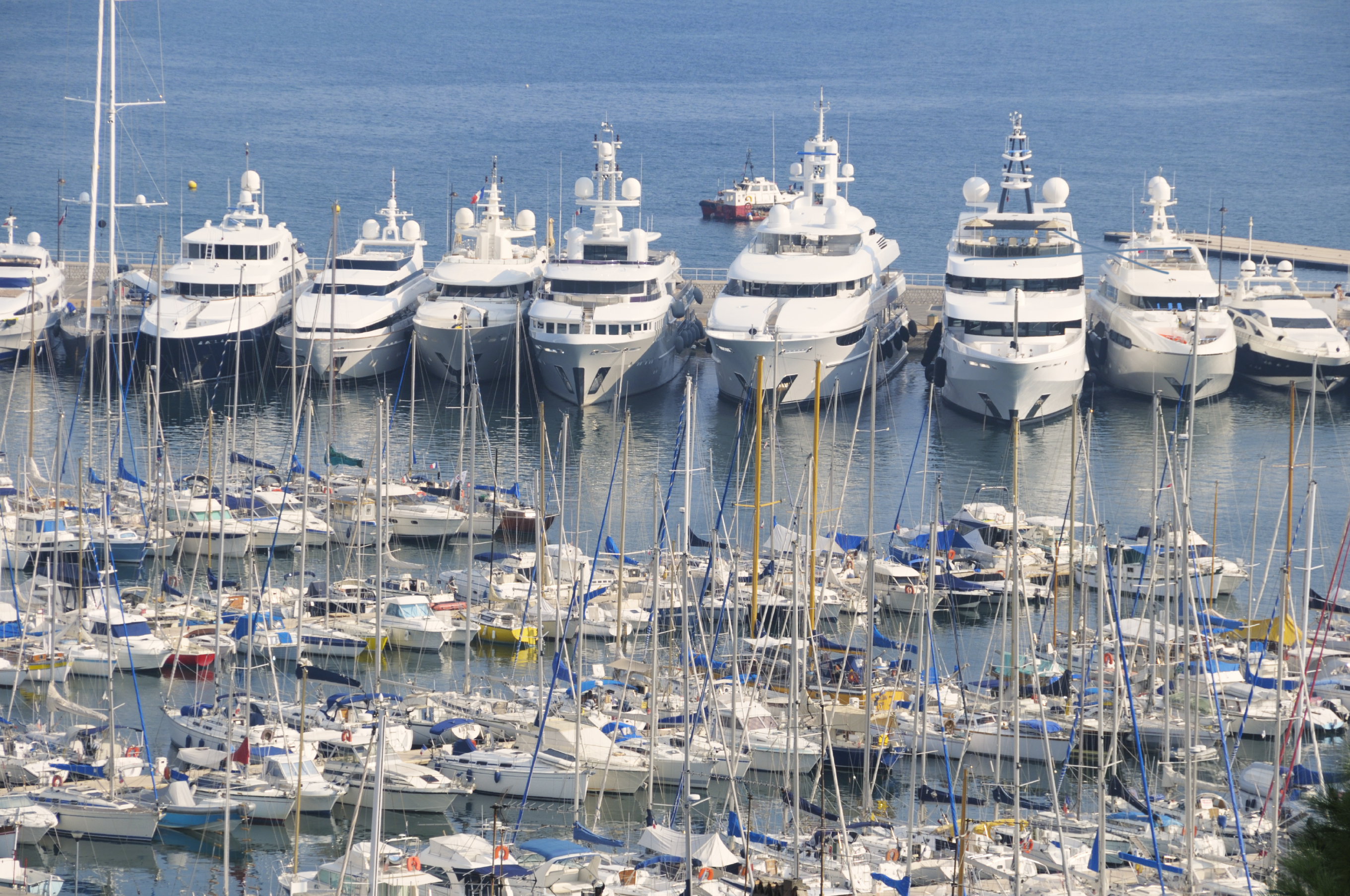What Caused These Two Vessels to Crash in the Gulf Coast?
 In 2014, an unusual circumstance occurred that caused a commercial fishing boat and an offshore supply vessel (OSV) to collide. That evening, the 130-foot OSV slammed into a 73-foot shrimping boat and breached the hull, causing the shrimp boat to sink.
In 2014, an unusual circumstance occurred that caused a commercial fishing boat and an offshore supply vessel (OSV) to collide. That evening, the 130-foot OSV slammed into a 73-foot shrimping boat and breached the hull, causing the shrimp boat to sink.
Thankfully, all of the shrimp boat crew were recovered from the water with minimal injuries, but the losses totaled more than $225,000. The National Transportation Safety Board (NTSB) investigated the incident.
Distracted Operators Caused the Vessels to Crash
According to the NTSB investigation, the captain of the OSV was filling out forms that should have been completed before the vessel got underway at the prior stop the night of the accident. The second captain, whose primary duty at the time was to maintain a lookout, glanced up from his paperwork and saw the shrimp boat. Not giving it much thought, he assumed the shrimp boat was moving away from the OSV, so he continued onward. It should be noted as second captain, he was not required to have any radar training.
On the other hand, the fishing boat captain’s attention was also not focused on his responsibilities. The bright deck lights hindered his vision and the nets hanging hindered his ability to maneuver. The shrimp boat captain was working with a deck hand to redeploy the fishing nets. When he returned to the bridge to set a course westward, he did not see the OSV either visually or on radar.
Neither captain noticed the other vessel until the collision was imminent.
Vessel Operators Should Never Divert Their Attention While on Duty
According to the NTSB, both captains were distracted while operating the vessels. However, the OSV secondary captain’s duty was to keep a constant proper radio and lookout watch. The secondary captain’s duties of recordkeeping and communications came second to these primary duties and should not have interfered with his lookout duties. The shrimp boat captain did not hold the credentials the OSV officer had and was not required by the Coast Guard to comply with navigation standards. However, operators of both boats had an obligation to the safety of their crew to keep better watches, remained alert and should never have let secondary duties, such as record keeping or net deployment, distract them. If the proper procedures had been followed, more than likely the collision could have been avoided.
Latti & Anderson LLP is a maritime injury law firm that fights for victims who have been injured while working at sea.
